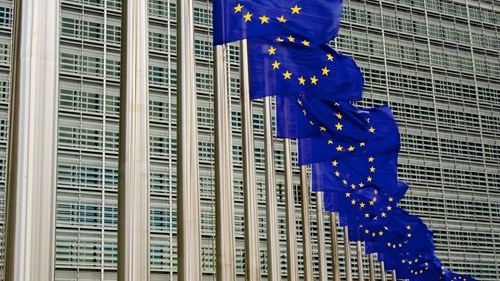Noerr Compliance Day – Rising compliance risks in exports
“The USA is a high-risk country for all companies whose compliance does not meet the legal requirements.” So says Torsten Fett, partner at Noerr and head of the Compliance & Internal Investigations Practice Group. He is one of the presenter’s of today’s Noerr Compliance Day, an established specialist conference for compliance experts from around the world. One focal topic of the event is dealing with the US authorities in compliance cases.
Noerr partner Anke Meier highlights the high risks facing companies and managers in compliance cases with a US link. Virtually any company can be affected, as the US Foreign Corrupt Practices Act applies globally. To initiate investigations, the authorities only need minor connections to the US, i.e. involvement of US accounts or e-mails saved on US servers. Whether the risks materialise, according to Anke Meier who is also called to the bar in the US, depends partly on how companies cooperate and communicate with the US authorities in a compliance incident. Her experience is that “German companies should be better prepared for this.”
The course of US proceedings, which is different in many ways, represents a particularly large challenge. “Companies must get involved much more actively in clarifying the situation in the US and give the authorities extensive data material in an extremely short time,” Anke emphasises. Many things are subject to negotiation, including the tight deadlines, but, “In negotiations, everything comes at a price. If you ask for an extension, you must make concessions elsewhere, thus weakening your position.” Anke Meier advises German companies to do two things: Check whether there are any US compliance risks, and if so which ones; and prepare for an emergency. “The company’s compliance system must meet the high US standards.”
Currently, there are especially large compliance risks arising from the recently imposed US sanctions against Russia, with which the US wants to target large Russian companies in particular. “Because of the extraterritorial applicability of US law, the sanctions also have very strong effects on German and European companies operating in Russia,” says Bärbel Sachs, partner at Noerr in Berlin and expert in export law.
“The sanctions hit European companies especially hard, since they can less easily get out of any obligations entered into than US competitors,” she emphasises. “For risk-related considerations, they are forced to comply with US sanctions and yet cannot invoke legal impossibility or force majeure, i.e. they remain liable for damages to their contracting partners if they cancel their contractual obligations.”
German companies are being put in an impossible situation: Due to what is known as a blocking law, i.e. the prohibition of boycott declarations in the German Foreign Trade and Payments Ordinance, German firms cannot even tell their western business partners and banks that they are observing the US sanctions. As Bärbel Sachs says, “That can create difficulties in refinancing, for example, or when selling a company.”











